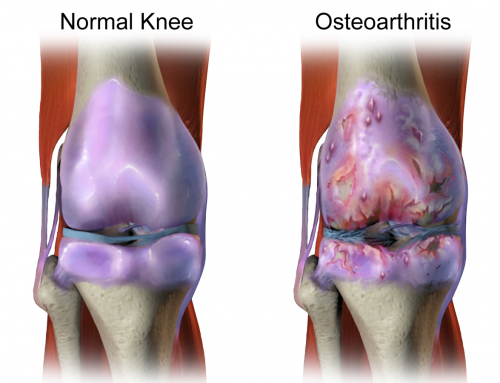I get asked this question a lot.
The short answer is, between 30 and 40 grams per meal.
Protein requirements for generally inactive people are around .8 g/kg of body weight. But active people’s protein needs can be up to 100 percent higher than that (1.6-1.8 g/kg of body weight vs. 0.8 g/kg).
So, a typical adult weighing 150 pounds needs 88 grams of protein per day, which translates to approximately 30 grams per meal. That amount increases to 115 grams (about 40 grams per meal) for someone who weight-trains.
Current data suggests that protein needs are higher not only for active individuals, but also for:
Children and teens who are still growing
Dieters
Vegetarians
Anyone with less-than-optimal muscle strength
The elderly
The types of protein that you eat are another important consideration. There is a vast difference between eating a fast food hamburger and a hamburger you make yourself from grass-fed organic beef. Why? Because you signal your body’s DNA differently with high quality food choices. For example, if you consume 1200 calories/day in jelly beans, versus 1200 calories/day in carrots, which day do you think you would feel better, think more clearly, and lose weight? Obviously, the carrot day, because it is not about the calories, but the quality of those calories.
- Here are some great food sources of high-quality protein:
Poultry: If you remove the skin, you’ll benefit from a good protein source without saturated fat.
Beef: Ideally grass-fed and organic, beef is an excellent source of protein.
Eggs: From free-range organic chickens
Beans and Legumes: Containing the most protein found in any vegetable, you can’t go wrong with beans. In addition, they’re a great source of fiber that’ll help you feel full without overeating.
Nuts: Eaten in moderation, nuts offer a lot of protein power in a very small package.
LiveWell Detoxification shakes




Leave A Comment